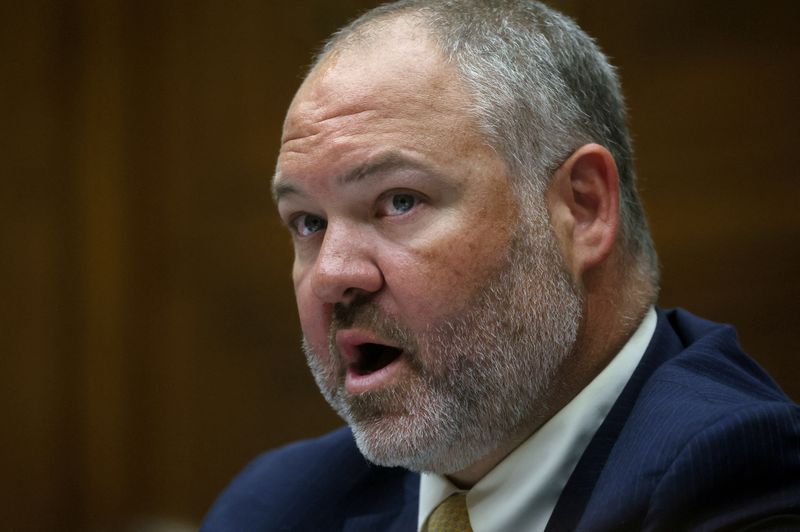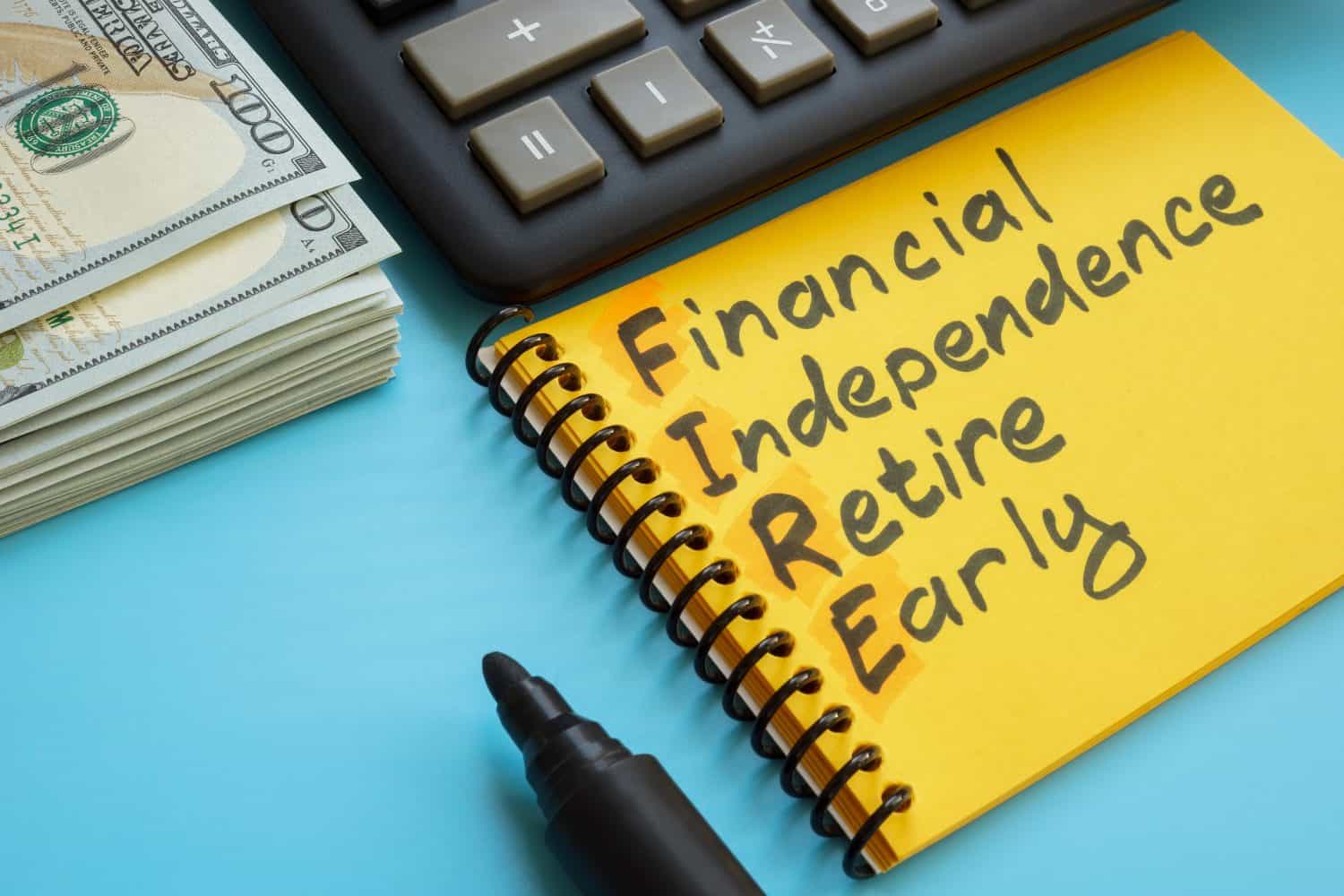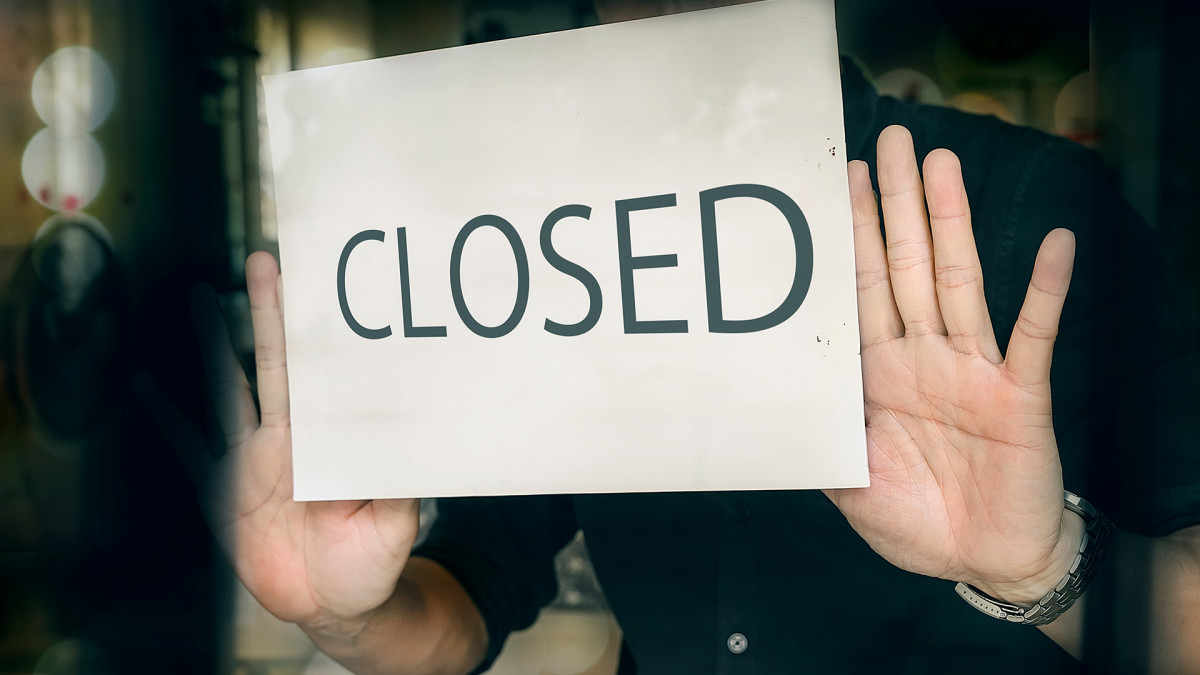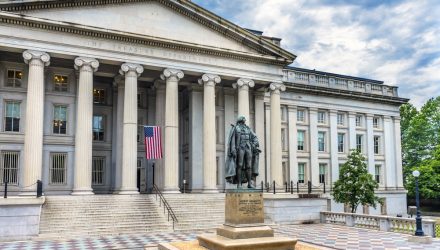We’re Almost at Retirement Age and Have $4M Saved Up. What’s a Reasonable Travel Budget So We Don’t Run Out?
If you’re like many soon-to-be millionaire retirees with a padded nest egg but still have some lingering doubts about things that could go wrong later on, there’s a financial planner for that. Indeed, an advisor can be of immense value when it’s time to set up a retirement plan that can hold up once you […] The post We’re Almost at Retirement Age and Have $4M Saved Up. What’s a Reasonable Travel Budget So We Don’t Run Out? appeared first on 24/7 Wall St..

If you’re like many soon-to-be millionaire retirees with a padded nest egg but still have some lingering doubts about things that could go wrong later on, there’s a financial planner for that. Indeed, an advisor can be of immense value when it’s time to set up a retirement plan that can hold up once you enter those so-called “go-go” years (these are earlier years of retirement whereby retirees spend more on luxuries and travel while they’re still relatively healthy).
Undoubtedly, whether you’re looking to set up a monthly budget, pin down that optimal withdrawal rate (4% plus or minus 1-2%?), or discover the perfect mix of investments (stocks, bonds, gold, real estate, venture capital, royalty funds, and more), an advisor can be worth the investment if you, like many others, have any doubts about the sustainability of your retirement plan. Indeed, it’s not out of the ordinary to have doubts as you finally wind down and leave work. It’s an advisor’s job to help clear the air and ensure you can retire with confidence.
In this piece, we’ll look at a very wealthy couple who has $4 million saved away and is looking for the right budget to allocate to travel in any given month. Undoubtedly, this is a hard question to answer without more context. Monthly trips to exotic and expensive destinations like the Maldives can really put a dent in one’s nest egg, whereas modest road trips across the continental U.S. could provide an unmatched bang for one’s buck.
Key Points
-
Getting ready for “go-go” years of vacation requires careful budgeting and other considerations.
-
Perhaps traveling less amid market plunges could be a prudent move.
-
A 5-10% annual travel budget seems like a good idea for a couple who wants their nest egg to last.
-
Are you ahead, or behind on retirement? SmartAsset’s free tool can match you with a financial advisor in minutes to help you answer that today. Each advisor has been carefully vetted, and must act in your best interests. Don’t waste another minute; get started by clicking here here.(Sponsor)
Getting ready to “go-go” on vacation!
Of course, in one’s earlier retirement years, the budget allocated towards travel expenditures should be expected to be higher than expected. Though being more willing to spend one’s go-go years on lavish trips can seem justifiable, I’d strongly encourage the couple to err on the side of caution, given one’s “go-go” years could last for longer than expected. Indeed, it’s more than just about life expectancy; it’s about “health expectancy.” Some couples have the health and energy to travel into their 70s or even 80s.
Given this, I’d say it makes sense to consider a wider range of scenarios that could include budgeting for trips in one’s golden years. Indeed, if you’re a huge fan of seeing the world, you’re probably going to want to keep it up for as long as you’re able. Either way, asking one’s financial advisor about the length of one’s “go-go” years could prove wise.
Be prepared to adjust your travel budget in the face of market turmoil
Furthermore, recessions and market crashes can happen. And when economic times are tougher, the portfolio could take an uppercut straight to the chin. As we found out a few years ago, stocks and bonds can fall together, delivering a one-two combo to the gut of retirees who are split between the two asset classes.
If one’s portfolio faces pressures, I’d say it could make sense to lessen one’s withdrawal rate (let’s say from 4% to 3% or even 2%) and forego travel until the portfolio has a chance to get back on its feet. By staying flexible, retired couples can be agile enough to adapt to the economic environment while ensuring a better footing in the face of economic troubles.
For those keen on continuing to travel through tougher economic times, staycations and budget-friendly trips to the next city over could allow one to continue a life of leisure whilst keeping their portfolio in decent shape. Perhaps the savings could be funneled back into buying stocks and bonds on weakness with the hopes of amplifying the eventual market rebound.
So, what’s the magic travel number for a couple with $4M?
Personally, I like to err on the side of caution when it comes to discretionary spending. The worst that could happen is you’ll have more wealth in your later years and more to leave behind to loved ones.
Given this, I see no issue with budgeting around $8,000-16,000 per year on travel and leisure—that’s 5-10% of one’s annual budget, assuming a 4% withdrawal rate. Indeed, the 5-10% travel budget is a typical range many financial planners have in mind. If the market’s up, perhaps skewing towards the high-end makes sense.
Of course, one may also find it’s worthwhile to pull forward some of the future budget in any given year to fund a “dream trip.” As long as it fits into the longer-term budget, I’m not against such.
That said, if the market’s down, I believe that allocating a lower (let’s say $8,000 per year or less) could prove wise. Perhaps foregoing trips for a year while using proceeds to buy stocks on weakness could prove wise for the long haul. Either way, talk to an advisor because they’d be able to offer a better, more tailored solution.
The post We’re Almost at Retirement Age and Have $4M Saved Up. What’s a Reasonable Travel Budget So We Don’t Run Out? appeared first on 24/7 Wall St..


































































































































































